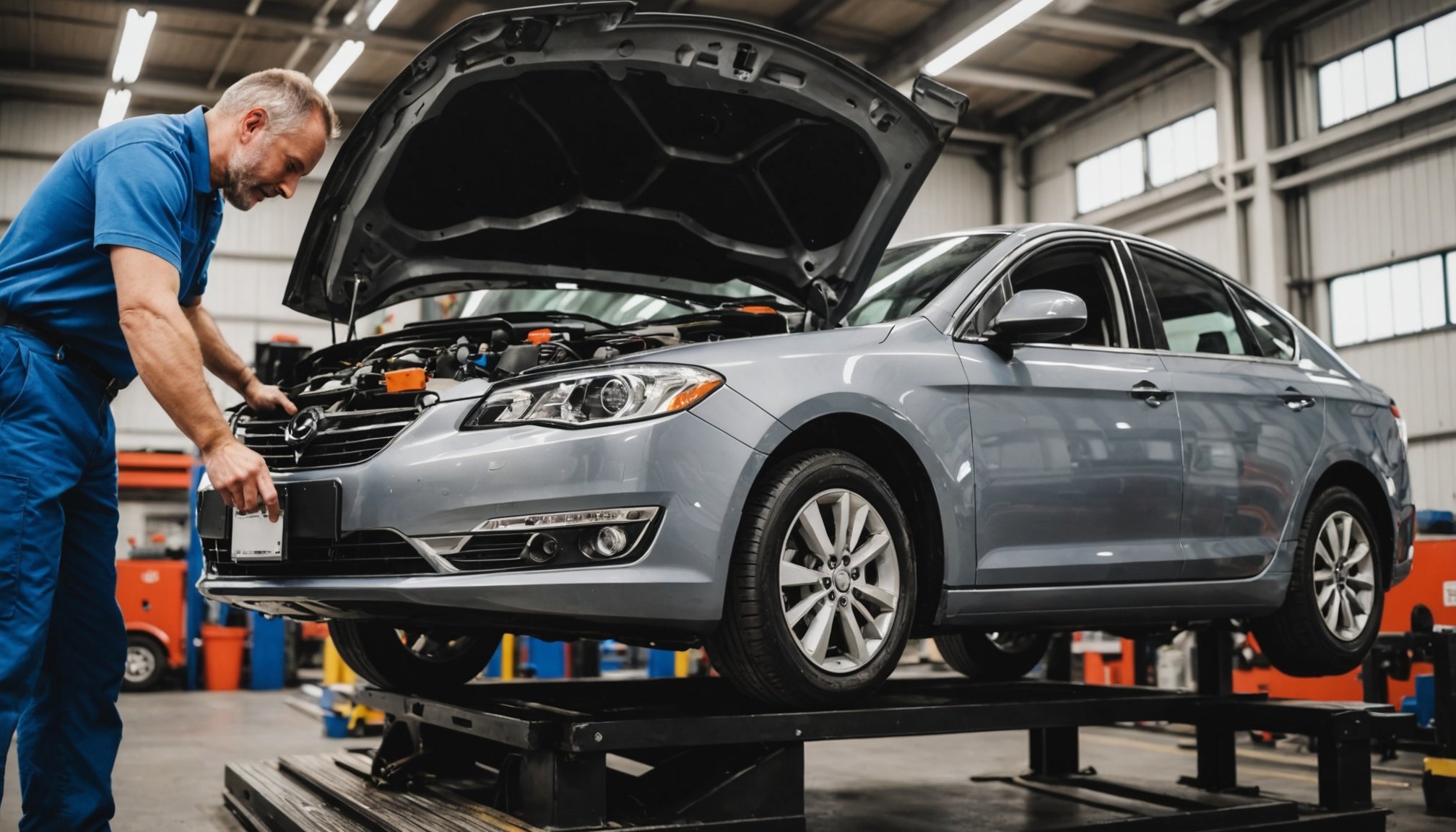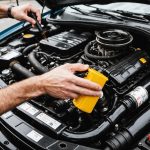Owning a vehicle is a significant investment for many people. Just like any other asset, it requires attention and care to ensure it remains valuable over time. Regular maintenance not only extends the life of your car but also plays a crucial role in saving costs associated with repairs and replacements. In this article, we will explore how implementing a consistent maintenance routine can significantly reduce your overall vehicle expenses and enhance your driving experience.
Understanding the Importance of Regular Maintenance
When it comes to vehicle ownership, understanding the critical nature of regular maintenance is essential. Routine checks and services can prevent minor issues from escalating into costly repairs. For example, neglecting to check your oil levels can lead to engine damage, which is far more expensive than a simple oil change.
This might interest you : What are the best practices for cleaning and detailing the interior of your car?
The key components of vehicle maintenance include checking and replacing fluids, inspecting tires, and monitoring the engine’s health. Each of these elements contributes to the overall efficiency and longevity of your car. When you perform regular maintenance, you also enhance your vehicle’s fuel efficiency, meaning you will spend less on gas over time.
Additionally, regular maintenance can significantly improve your safety on the road. Cars that are well-maintained are less likely to break down unexpectedly, reducing the chances of accidents caused by mechanical failures. Therefore, committing time to maintenance will not only save you money but will also help keep you and your passengers safe.
Also to discover : How do tire pressure and tread depth influence your car’s safety and efficiency?
In summary, understanding the importance of regular maintenance will empower you to make informed decisions regarding your vehicle, ultimately leading to lower repair costs and a safer driving experience.
How Regular Oil Changes Save You Money
One of the simplest yet most crucial aspects of vehicle maintenance is changing your oil regularly. Oil plays a vital role in ensuring that your engine operates smoothly. Over time, oil can become dirty and less effective at lubricating the engine’s moving parts.
Failing to change your oil on time can lead to engine wear and can result in severe damage that requires expensive repairs. By investing a bit of time and money in regular oil changes, you can significantly reduce the long-term costs associated with engine repairs. Typically, it is recommended to change your oil every 3,000 to 5,000 miles, depending on your vehicle and driving conditions.
Moreover, using the right type of oil can further enhance your engine’s performance. Consult your vehicle’s manual for the recommended oil type and follow the manufacturer’s guidelines. This simple act of maintenance will help keep your car running smoothly and efficiently.
In conclusion, regular oil changes are an easy yet effective way to extend your engine’s lifespan and prevent costly repairs. By making this a priority in your maintenance schedule, you will save money in the long run and enhance your vehicle’s performance.
The Role of Tire Maintenance in Cost Savings
Tires are the only point of contact between your vehicle and the road, making their maintenance vital for safe driving. Regularly checking the tires for wear, proper inflation, and alignment can prevent unnecessary costs and enhance your driving experience.
Under-inflated or damaged tires can lead to decreased fuel efficiency, resulting in more frequent visits to the gas station. By ensuring that your tires are properly inflated and in good condition, you will not only improve fuel economy but also prolong their lifespan, saving you the cost of replacements.
Additionally, tire rotation is a crucial part of tire maintenance. Rotating your tires allows them to wear evenly, which can prevent premature wear and tear. Most experts recommend rotating your tires every 5,000 to 7,500 miles, but it’s always best to consult your vehicle’s manual.
In summary, maintaining your tires is essential for ensuring safety, enhancing fuel efficiency, and saving costs. By paying attention to your tires, you can significantly reduce the likelihood of encountering unexpected expenses related to tire repairs or replacements.
Engine Checks: A Key Component of Vehicle Maintenance
The engine is often considered the heart of your vehicle. Regular engine checks are vital to ensuring that your car runs optimally and is free from major issues. Checking engine components such as belts, hoses, and filters can help identify potential problems before they become serious.
For instance, a small coolant leak can lead to engine overheating, which may result in catastrophic engine failure if left unaddressed. This type of repair can cost thousands of dollars. However, a simple check of the engine’s fluid levels can prevent such a scenario and save you a considerable amount of money.
Additionally, regular engine maintenance can improve your car’s overall performance and fuel efficiency. A well-maintained engine burns fuel more efficiently, meaning you will spend less on gas while enjoying a smoother drive.
Moreover, keeping up with engine maintenance can also enhance the resale value of your vehicle. Buyers are generally more inclined to purchase a vehicle that has been well-maintained and has a complete service history. This means that your commitment to regular maintenance can pay off when you decide to sell or trade in your vehicle.
In conclusion, committing to regular engine checks is essential for preventing costly repairs, enhancing performance, and ensuring your car retains its value. Ignoring your engine will inevitably lead to higher costs in the future.
The Financial Benefits of Preventative Maintenance
Preventative maintenance is a proactive approach to vehicle care that focuses on identifying and addressing potential issues before they become costly repairs. This strategy is essential for any vehicle owner looking to save money in the long run.
By scheduling regular maintenance checks, you can catch minor issues early on, which can be fixed at a fraction of the cost of more extensive repairs. For example, replacing worn brake pads is much cheaper than addressing damage caused by complete brake failure due to neglect.
Moreover, preventative maintenance can enhance your car’s efficiency and performance. A car that is regularly serviced will run smoother, leading to better fuel efficiency and reduced emissions. This not only saves you money at the pump but also has a positive impact on the environment.
Additionally, many vehicle manufacturers offer warranties that require regular service to remain valid. Failing to adhere to a strict maintenance schedule can result in voiding your warranty, leading to out-of-pocket expenses should any major issues arise. Following a preventative maintenance schedule also contributes to a better driving experience, enhancing safety and comfort.
In summary, adopting a preventative maintenance approach will help you save money and ensure that your vehicle remains in top condition for years to come. This strategy is not only beneficial for your budget but also contributes to a safer driving experience.
In conclusion, regular maintenance is an investment that pays dividends in the form of lower costs and improved vehicle performance. By committing to a routine schedule of oil changes, tire checks, and engine inspections, you can significantly reduce the likelihood of encountering costly repairs while enhancing the safety and longevity of your vehicle.
Understanding the long-term benefits of regular maintenance enables you to make informed decisions that will ultimately save you both time and money. Make it a priority to keep your vehicle in excellent condition, and you will reap the rewards of a reliable and efficient car for many years to come.











